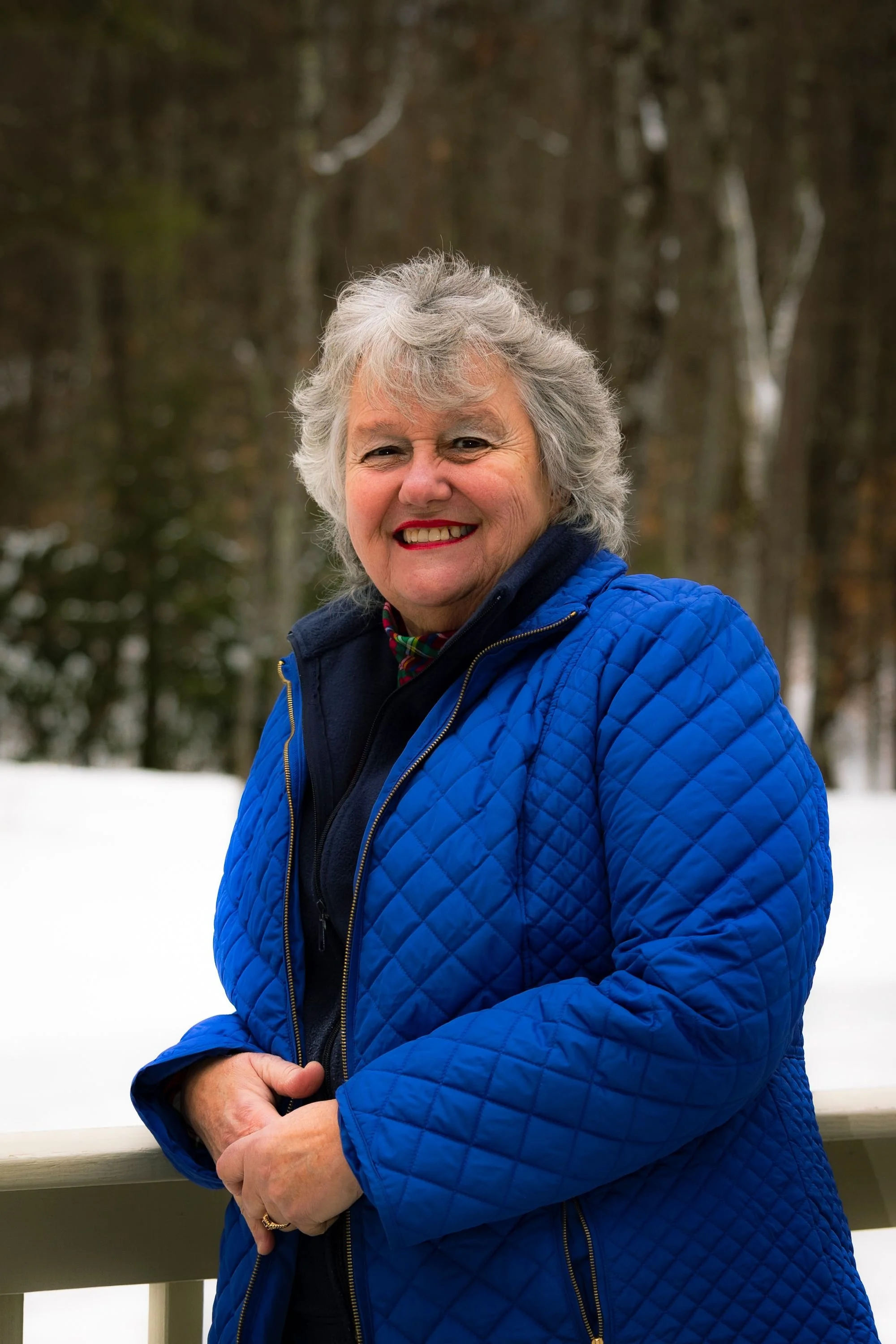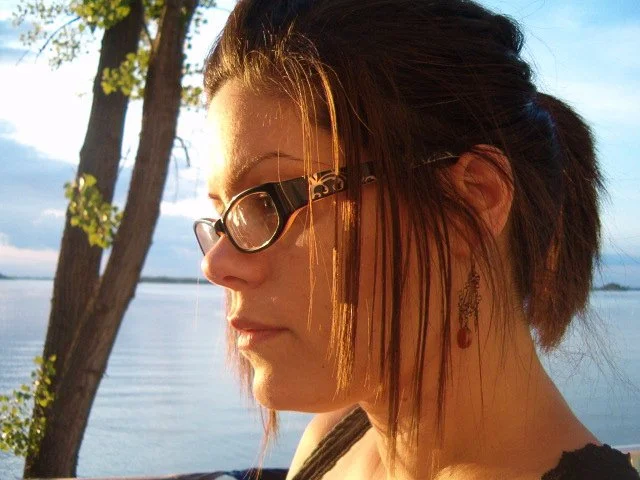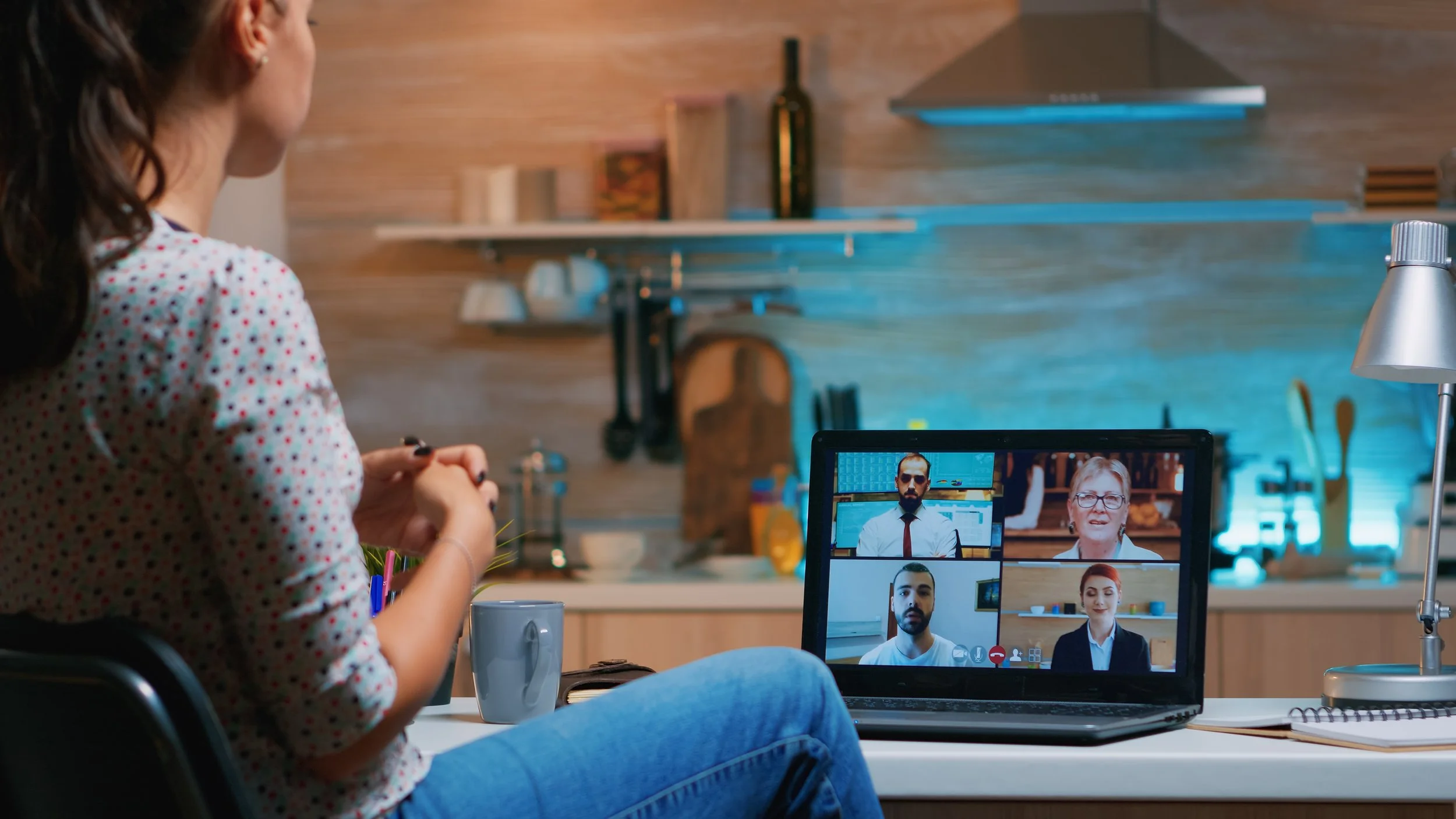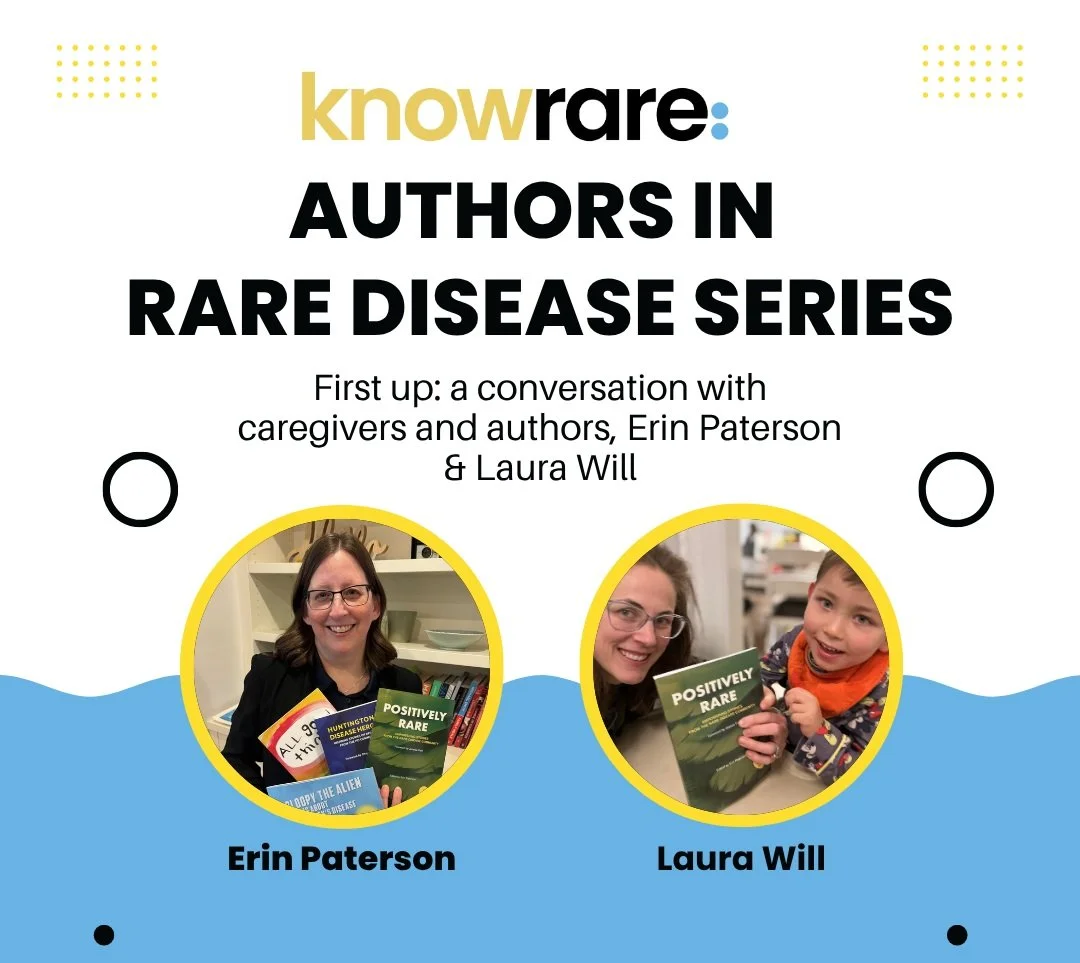How a Second Opinion Changed My Daughter’s Life with Multiple Sclerosis
By DonnaRae Menard
My forty-year-old daughter suffered from what was diagnosed as Lyme disease for fourteen years. She had a major episode when her son was born that was passed off as a seizure. The second severe episode happened while she was driving, and, after eight days in the ER and ICU, we learned that she had an aggressive form of multiple sclerosis (MS)— probably for most of her adult life.
The next few years were tortuous. So many invasive tests. My daughter was literally taking a shoebox of prescription drugs every day. The MS was complicated, with uncontrollable migraines. She lost ninety pounds. I would hold her in my arms while she moaned for me to let her die. Her son had never known her when she wasn’t frail and sick. Her daughter closed down to the rest of the world. My everyday life included moments of utter despair. I couldn’t help her. I couldn’t relieve her pain and suffering. For the first time in my life, the wisdom and strength left to me by my Native American grandmother deserted me.
When I challenged the doctors, I was told this was not unusual and that they were doing all they could. Other medical personnel told us the neurologist we saw—the only one in Portland, and closer than Boston—was the best. It was wrong. I knew it was wrong. My son-in-law refused to take the helm, leaving any real decisions to my daughter, who couldn’t make any. Finally, I gave up and stepped in like the proverbial bull in a china shop.
I found another neurologist, a woman from India. I met with her first, brought the four-inch-thick case file, and told her of my daughter’s pain and my hysteria. She had me bring my daughter. We were there for an hour and a half. This woman had highlighted information in the file and went through the meds, discarding two-thirds of the pills. She recommended the Wahls Protocol diet and physical therapy for the loss of speech and small motor function. When she started reworking the medication, she monitored it weekly.
We are almost three years out. My daughter is mobile, can speak, and, though she still has periods of bad health, she is aware better than fifty percent of the time. Recently, she moved into separate housing. Her ex pulled up stakes and left four years ago. We watch over her, but she has a life—something I didn’t think she ever would. She’s alive, where I feared it would become more than she could bear, and she would commit suicide.
It could be much worse, and I don’t know if this is the best it will be.
I am a stage four cancer survivor. I lived because I refused to allow someone to tell me to let go. I asked. I demanded. My daughter didn’t want me to go all Rambo on her doctors, but I did. One day, I said, “This is not good enough,” and I looked for better. It was a chance I took. I mean, the first doctor was supposed to be the best. Then I met a woman who said a life of pain wasn’t good enough.
When I meet people today who are suffering and they say, “I don’t know what to do,” I tell them to step outside their comfort zone. Ask someone new. You don’t have to accept one person’s theory, and you don’t have to accept the second one. Maybe, just maybe, you’ll find a better answer. You aren’t going to know if you don’t try. If you can’t handle it alone, find an advocate. A friend, a relative, or even a professional. Someone to speak for you when you are too ill to do it yourself. Do not accept the verdict of “This is the final offer.” The medical world changes daily. A trial drug saved my life. A new perspective enhanced my daughter’s.
For what it’s worth, at one point it was pointed out to me that as a high-school-educated female, I could not possibly know as much as a doctor with ten years of college training. Maybe not. But I’ve definitely got more common sense than some.
Know Rare was the axis that finally spurred me to get off my butt and help my daughter find a different doctor. I can never thank you enough, and I honor you daily.
My grandmother said, “As the stars rise, so does the heart.”
Thank you.
DonnaRae Menard is the author of the It's Never Too Late mystery series, The Woman Warrior historical fiction series, Carmine Mansuer detective series, and Snuffling Up the Bones, where, similar to her daughter, the main character's daughter is coping with an MS diagnosis. A former farmer, restaurateur, and United States postmaster, she splits her time between Vermont and New Hampshire. Learn more about DonnaRae and her work here.
































